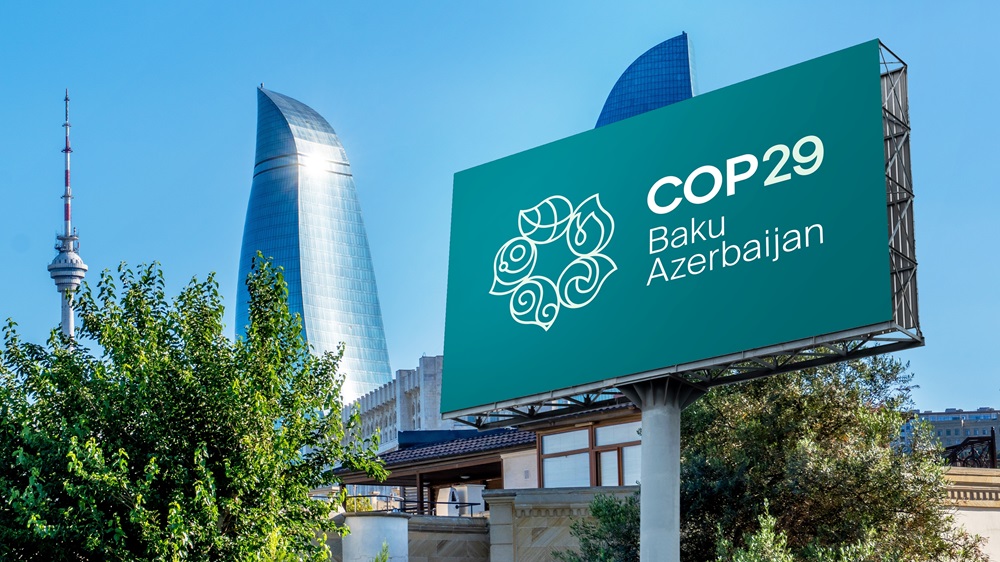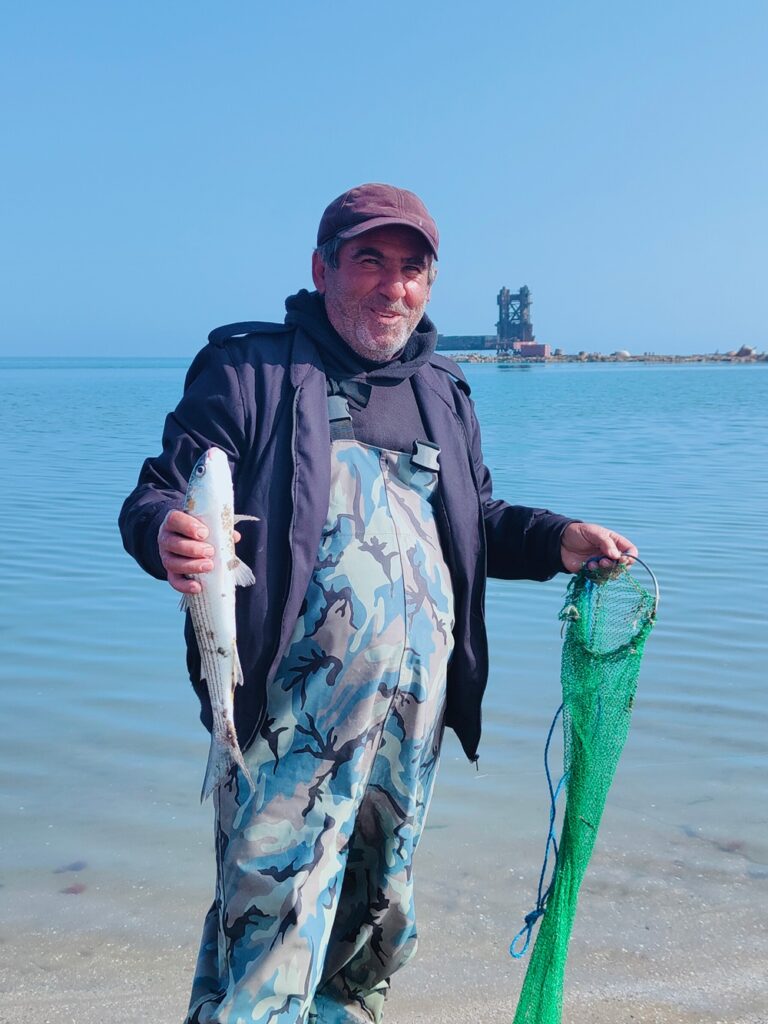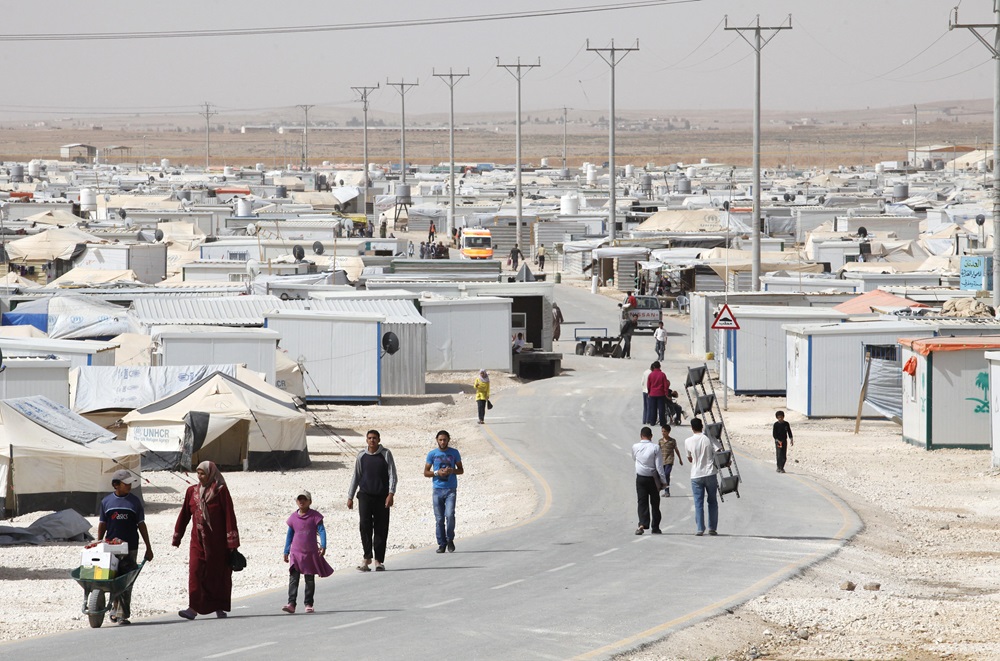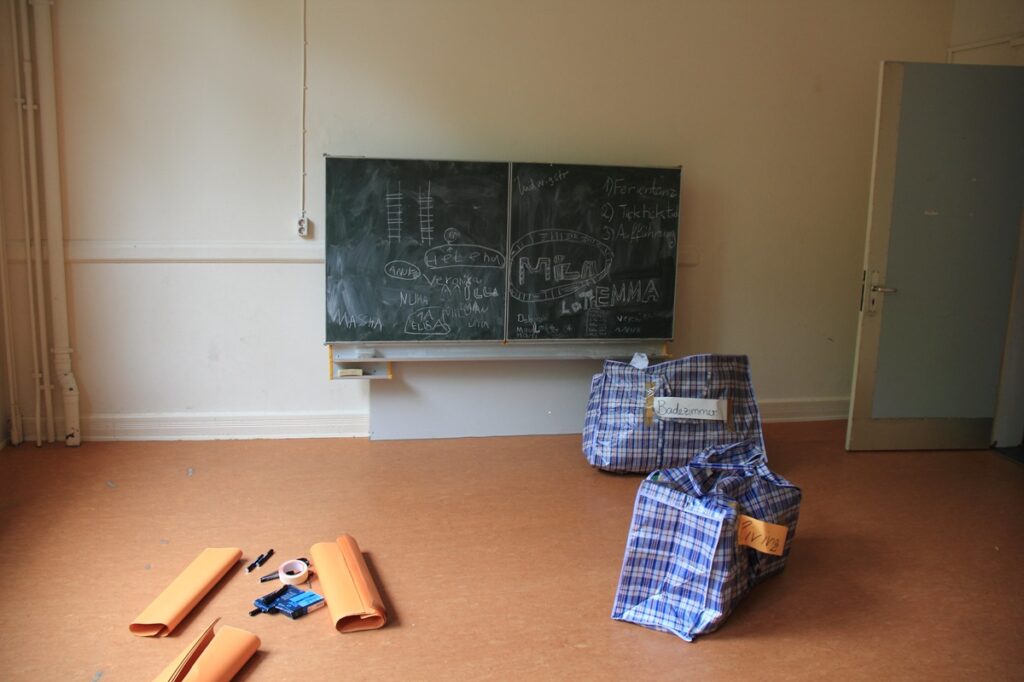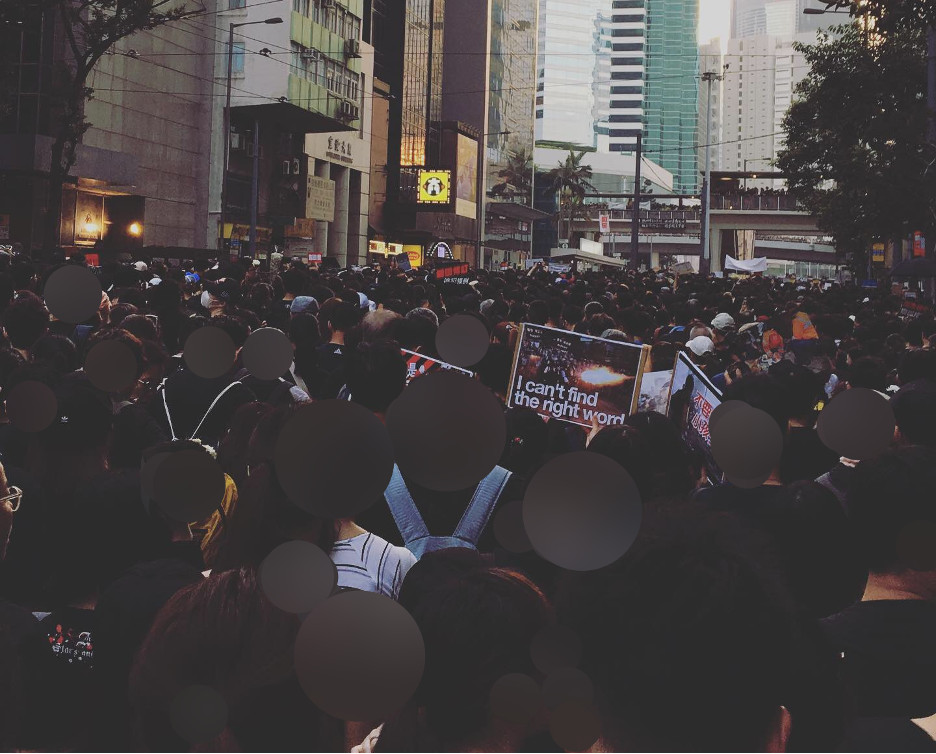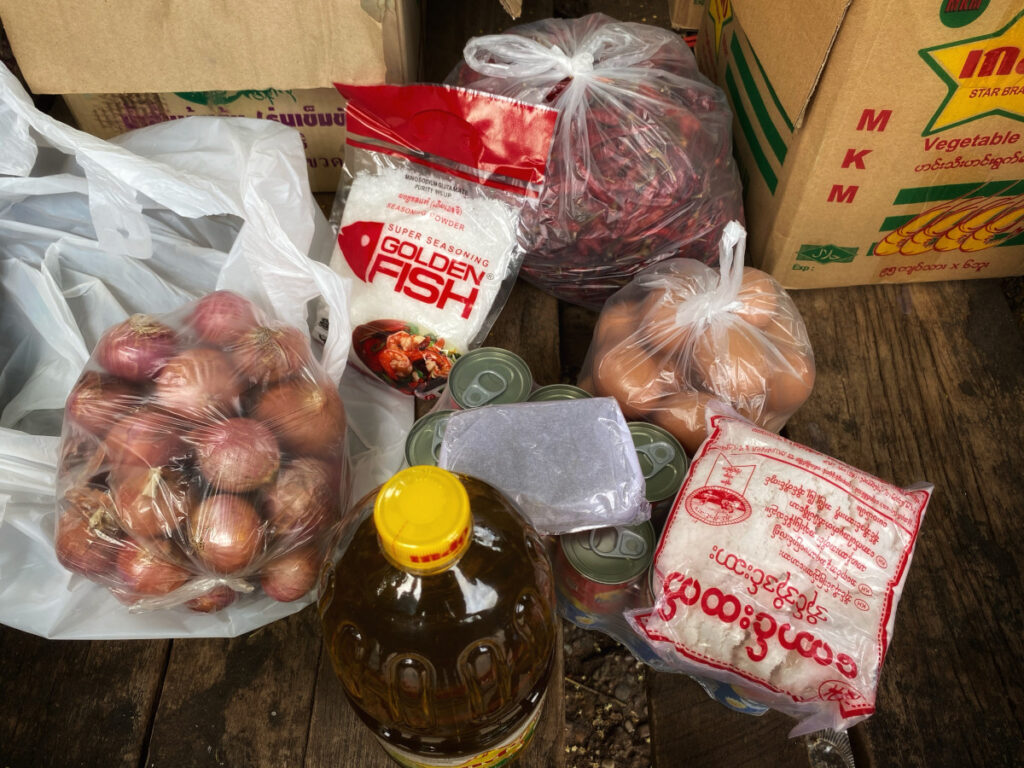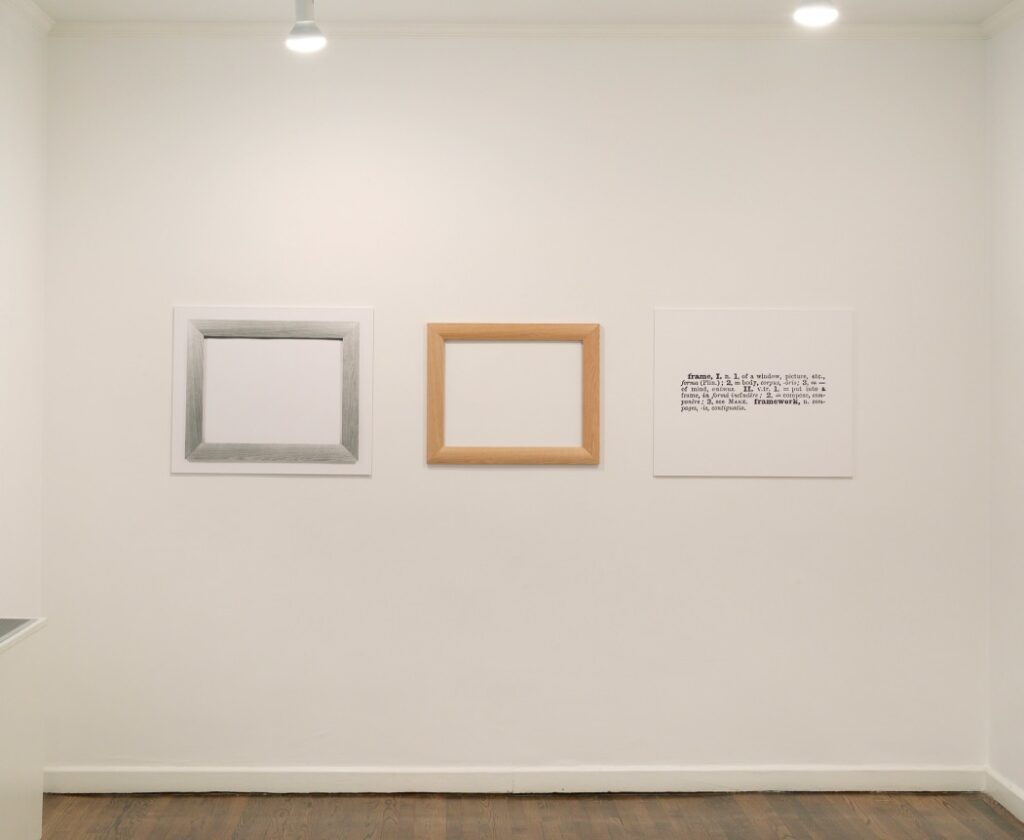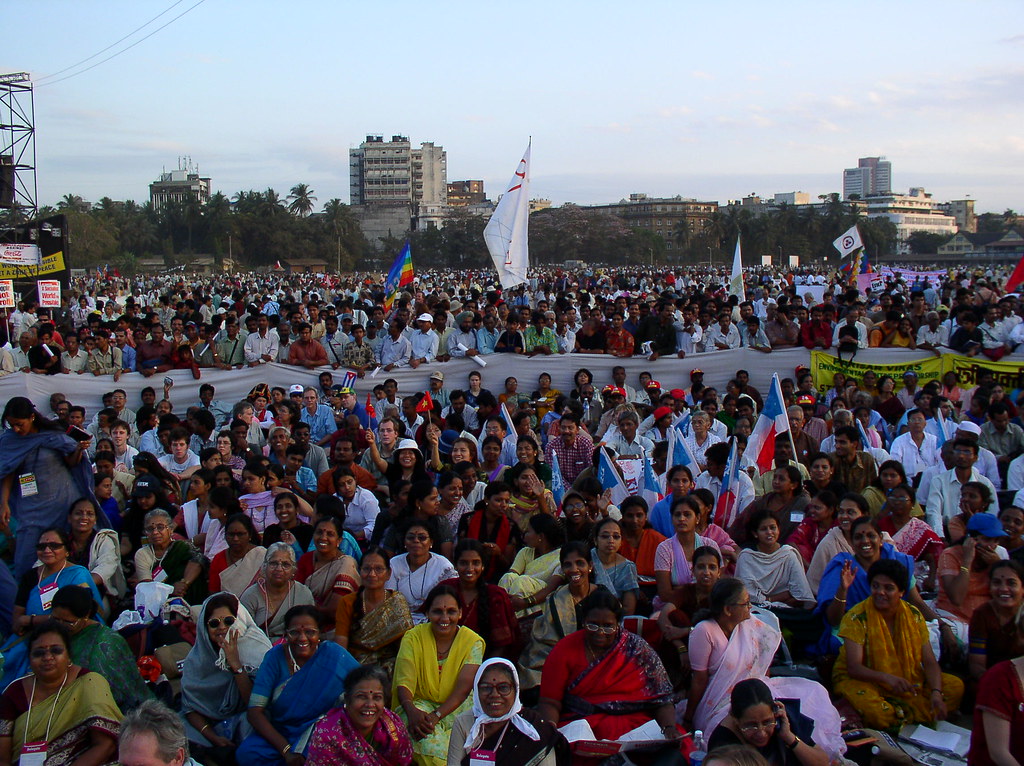The silence around the salience of race in development and humanitarianism (see White 2002, Kothari 2006) has lately been interrupted by an increased attention to white saviourism, especially in social media and celebrity humanitarianism (Benton 2016, Toomey 2017, Pallister-Wilkins 2021, Budabin and Richey 2021). This body of literature provides crucial insight into the deep entanglements between humanitarian subjectivity and global white supremacy. My research examines similar entanglements by ethnographically tracing the transnational discourses and practices of Turkish Islamic humanitarianism in Africa south of the Sahara. Turkey, under the neoliberal authoritarian rule of the Justice and Development Party (Adalet ve Kalkınma Partisi, hereafter AKP) provides an intriguing case study of the co-optation of Islamic ethics of care by humanitarian governmentality and the re-entrenchment of racial hierarchies embedded in the foundations of humanitarianism in novel ways.
Historically an aid recipient country, Turkey has refashioned its global image as a “humanitarian state” over the last decades (Keyman and Sazak 2014, Çelik and İşeri 2016, Akpinar 2022). Africa south of the Sahara has provided the racial terrain on which Turkey’s position within the “international community” has been renegotiated. In tandem with the Turkish foreign policy reorientation towards Africa south of the Sahara and the rapid growth of the continent’s share in Turkey’s official development assistance since the mid-2000s, faith-based humanitarian NGOs ranging from small local associations to nation-wide foundations have extended their operations to Muslim Africa. Blurring the boundaries between development, humanitarianism, Islamic charity and proselytizing, these organizations have been channelling pious donations collected from middle-class citizens to rural Africa mainly in the form of water wells, medical camps, schools, mosques, solar energy and irrigation systems, community gardens, livestock, sacrificial meat, Qur’an distribution and orphan sponsorship, among others. The transnational flows of state resources and aid from Turkey to Africa south of the Sahara are returned not only by flows of profit, but also racialized discourses and images of Muslim Africa that circulate nationally through the networks and infrastructures created by the Islamic civil society (Güner 2023, forthcoming).
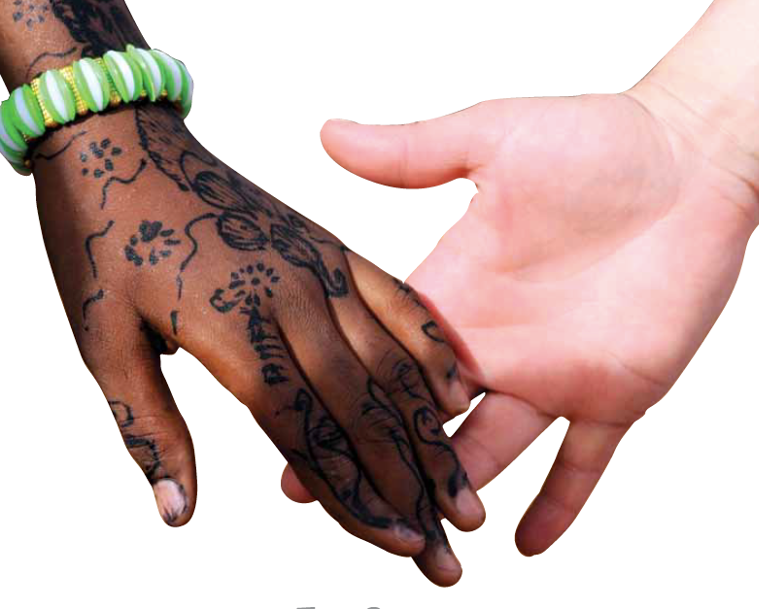
The paradox of Islamic humanitarianism resides in its advocacy for racial egalitarianism in reference to the Qur’an and the Prophetic tradition while inevitably inheriting the racial hierarchies historically inherent in humanitarianism. Turkish humanitarianism at the conjunction of state policy and pro-government civil society aims to build a global umma (community of believers) knit together with humanitarian sensibilities and under the politico-religious leadership of AKP’s Turkey. In doing so, it reproduces the global racial hierarchies at the scale of the umma, situating Turkey at the top.It is not a coincidence that this self-ascribed positionality entails a claim to whiteness. If Turkey’s ascendancy to the position of the protector of the Muslim world has been justified based on historical arguments about being the heir of the Ottoman empire as well as the Caliphate’s religious legacy in the past, today, it is also naturalized through racial arguments.
Circulating narratives about their interpellation as White Muslims by their African interlocutors, Turkish humanitarians contribute to the re-entrenchment of white supremacy in Turkey in novel ways (Güner 2021, 2023). This racial project hinges on the bifurcation of whiteness into Western-Christian and Ottoman-Islamic formations in Africa south of the Sahara. Constructed as the moral antithesis of colonial racism, Muslim whiteness claims racial sameness with and civilizational difference from the West based on a particular imagination of the Ottoman-Islamic heritage. In the humanitarian discourses I study, Muslim whiteness is differentiated from Western whiteness by its capacity to create interracial intimacy. In contrast to the segregationist logic of colonial racism in Africa, Muslim whiteness is defined by an immediate emotional and corporeal intimacy with the Black Muslim, therefore justifying the growing Turkish presence on the continent as “brotherly”.
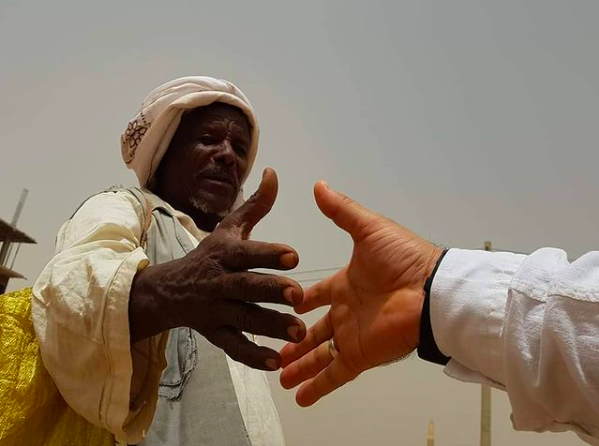
To conclude, the racial logics of humanitarianism operate in a similar way in transnational contexts outside of the West. The making of a global umma on the basis of Islamic humanitarianism racializes Muslims as white saviours and positions them above black and brown victims. As the White Muslim comes into being through the touch and the gaze of the Black African, this racial formation also reveals how even the wildest dreams about erecting a politico-moral alternative to the Western civilization in a multipolar world have inherited whiteness as the hallmark of civilization.
Ezgi Güner is a Mellon postdoctoral fellow in global/comparative studies of race and ethnicity at the Hurford Center for the Arts and Humanities and a visiting assistant professor in the Department of Anthropology at Haverford College. Her research focuses on the transnational articulations of race, religion, and empire across the Middle East and Africa south of the Sahara.
References
Akpinar, P. (2022), ‘Turkey’s “Novel” Enterprising and Humanitarian Foreign Policy and Africa’, in J. Jongerden (ed), The Routledge Handbook on Contemporary Turkey (Abingdon: Routledge), pp. 495–507.
Benton, A. (2016) ‘Risky business: race, nonequivalence and the humanitarian politics of life’, Visual Anthropology 29:2, 187–203.
Budabin, A. C. & Richey, L. A. (2021) Batman saves the Congo: How celebrities disrupt the politics of development. Minneapolis: University of Minnesota Press.
Çelik, N. & İşeri, E. (2016), ‘Islamically oriented humanitarian NGOs in Turkey: AKP foreign policy parallelism’, Turkish Studies, 17:3, 429-448.
Güner, E. (2021) ‘Rethinking whiteness in Turkey through the AKP’s foreign policy in Africa south of the Sahara’, Middle East Report 299 (Summer). Available at https://merip.org/2021/08/rethinkingwhiteness- in-turkey-through-the-akps-foreign-policy-in-africa-south-of-the-sahara/
Güner, E. (2023) ‘Rejoicing of the hearts: Turkish constructions of Muslim whiteness in Africa south of the Sahara’, Africa 93:2, 236-255.
Güner, E. (Forthcoming) ‘Revisiting the tesettür question in Muslim West Africa: Racial and affective topography of the veil in Turkish discourses’, Culture and Religion.
Keyman, E. F. & Sazak, O. (2014) ‘Turkey as a “Humanitarian State”’, POMEAS (Project on the Middle East and the Arab Spring) Policy Paper, 2. Available at https://research.sabanciuniv.edu/31364/1/keyman-turkey-as-a-humanitarian-state.pdf
Kothari, U. (2006) ‘An Agenda for Thinking about “Race” in Development’, Progress in Development Studies, 6:1, 9–23.
Pallister-Wilkins, P. (2021) ‘Saving the Souls of White Folk: Humanitarianism as White Supremacy’, Security Dialogue 52, 98–106.
Toomey, N. (2017) ‘Humanitarians of Tinder: constructing whiteness and consuming the other’, Critical Ethnic Studies 3:2, 151-172.
White, S. (2002) ‘Thinking race, thinking development’, Third World Quarterly, 23: 407–19.
Cite as: Güner, Ezgi 2024. “Islamic Humanitarianism and Renegotiating the Boundaries of Turkish Whiteness in Africa South of the Sahara” Focaalblog 15 November. https://www.focaalblog.com/2024/11/15/ezgi-guner-islamic-humanitarianism-and-renegotiating-the-boundaries-of-turkish-whiteness-in-africa-south-of-the-sahara/
